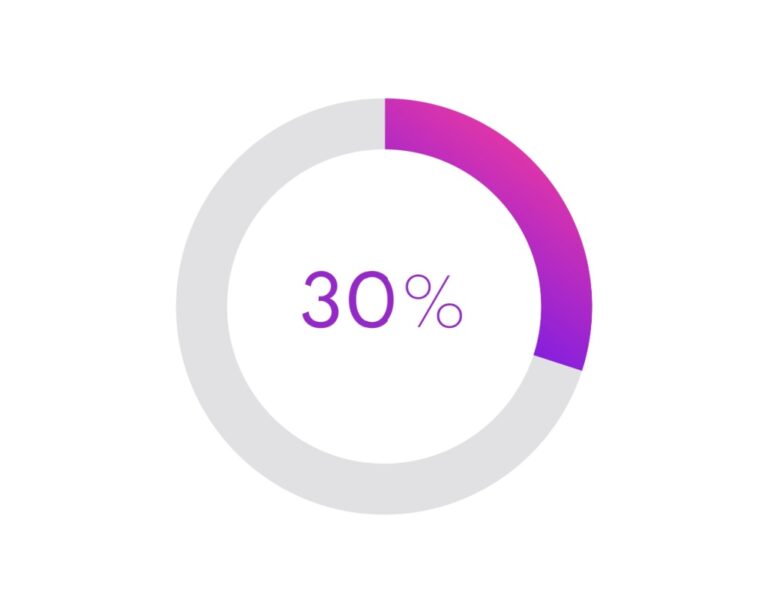How to Maximize Your VA Disability Rating for Bipolar Disorder
Bipolar disorder can significantly impact your daily life, affecting your ability to work and manage personal responsibilities. For veterans who have been diagnosed with bipolar disorder, obtaining the appropriate VA disability rating is crucial to receiving the benefits and support you need. This blog provides guidance on how to maximize your VA disability rating for bipolar disorder, ensuring you receive the compensation and care you deserve.
Understanding Bipolar Disorder and VA Ratings
Bipolar disorder, characterized by extreme mood swings including manic and depressive episodes, can be debilitating and impact your quality of life. The VA evaluates bipolar disorder under its mental health disability criteria, using the General Rating Formula for Mental Disorders. This formula assesses the severity of symptoms and their impact on your occupational and social functioning.
To receive a higher disability rating, it’s important to understand how the VA evaluates bipolar disorder. Ratings can range from 0% to 100%, with higher percentages reflecting more severe impairment. The VA considers factors such as the frequency of episodes, the level of impairment in work and social settings, and the effectiveness of treatment.

Gathering and Documenting Evidence
To maximize your VA disability rating, thorough documentation is essential. Collect all relevant medical records, including diagnoses from mental health professionals, treatment histories, and any hospitalizations. Detailed documentation will help establish the severity of your condition and its impact on your daily life.
Key types of evidence include:
- Medical Records: Documentation from psychiatrists, psychologists, and other healthcare providers detailing your diagnosis, symptoms, and treatment plan.
- Personal Statements: Written statements from you and those close to you describing how bipolar disorder affects your life, work, and relationships.
- Work History: Records showing how your condition has impacted your employment, including missed work, job performance issues, or any job loss directly related to your disorder.
Demonstrating the Impact of Bipolar Disorder
The VA assesses your disability rating based on the impact bipolar disorder has on your ability to function. To achieve a higher rating, it’s crucial to demonstrate the severity of your symptoms and their effect on your daily life. This includes showing how bipolar disorder disrupts your work performance, social interactions, and overall quality of life.
Factors to highlight include:
- Frequency and Severity of Episodes: Document how often you experience manic or depressive episodes and how severe they are.
- Impact on Employment: Provide evidence of how your condition affects your ability to maintain employment or perform job duties effectively.
- Social and Personal Impact: Show how bipolar disorder impacts your relationships, social interactions, and daily activities.
Seeking Professional Help
Maximizing your VA disability rating for bipolar disorder involves understanding how the VA evaluates your condition, gathering comprehensive evidence, and demonstrating the impact of your disorder on your daily life. By carefully documenting your symptoms and their effects, and seeking professional assistance, you can enhance your chances of obtaining a higher disability rating and the benefits you deserve.
For personalized assistance with your VA disability claim, contact Veterans Benefit Attorneys today. Our experienced team can help you navigate the complexities of the VA claims process and work towards securing the benefits you need. Don’t wait—reach out to us now to get started on your path to better support and compensation.







